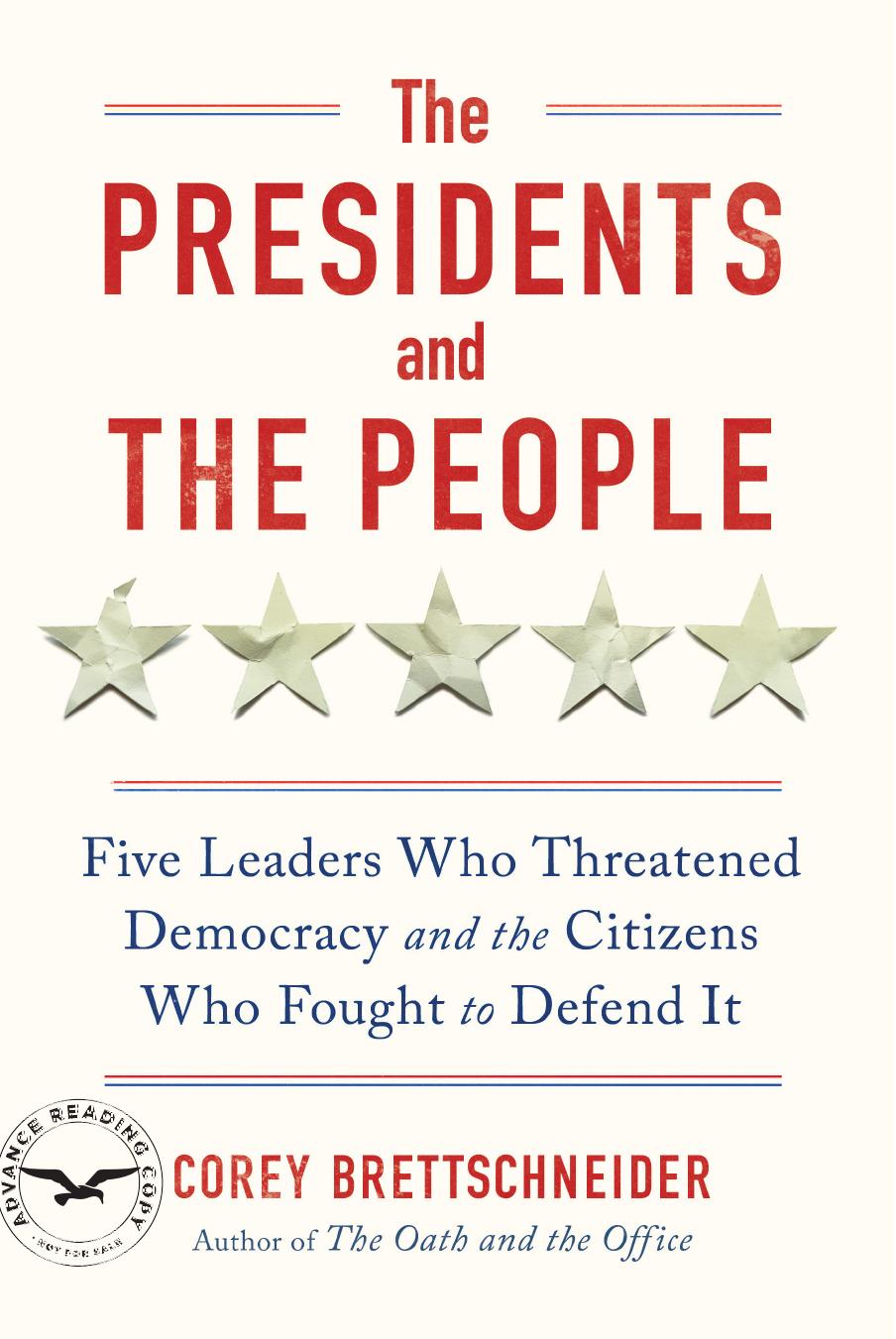Thank you W.W. Norton & Company for providing this book for review consideration via NetGalley. All opinions are my own. No review was required in return for an advance reading copy and no review was promised.
Mr. Book just finished Presidents And The People, by Corey Brettschneider.
The book is centered around five presidents and the dangers they presented to the nation. Those presidents were John Adams (Alien and Sedition Acts), James Buchanan (slavery/Dred Scott), Andrew Johnson and Woodrow Wilson (both white supremacy) and Richard Nixon (abuse of presidential power). Except for Adams (and his party), none of the other presidents were the sole culprits for their specific problems. But, they stood out as the most egregious examples.
The book then discusses how specific successors of those presidents (in some cases, more than one successor and it didn’t always have to be the immediate successor) tried to clean up the mess created. And, in each case, it wasn’t just the successors, it was also important activist allies who played important roles and are prominently discussed.
There is one notable exception to that. There was no chapter on the aftermath of dealing with Watergate. It could be said that, we really have never escaped the problem of abuse of presidential power. After Nixon, we get the corruption of Reagan and Iran-Contra, we get a perjurer in the White House, we get the abuse of power of George W. Bush’s administration (who I would liked to see a chapter on him too. If white supremacy gets two presidents, then abuse of presidential power should too) and of course we had Trump. But, on the other hand, we’ve never gotten rid of the white supremacy, either, and the aftermath of Johnson and Wilson was too discussed. So a chapter on Carter trying to clean up the mess, as futile as those reforms now look, was probably needed. Or, at least follow up on the Nixon chapter with the problems of these other administrations.
It’s hard to pick a single biggest strength in a book that was so strong throughout its entirety. But, if I had to, I would go the three chapter section on Wilson and his aftermath.
One of my favorite parts of history books like this is finding the little tidbits of great information that is always contained within them. One of my favorites from this book is the fact that, while Woodrow Wilson was a professor at Princeton, the notes from his lectures were preserved by his students in leather-bound notebooks. While Princeton’s archives still contain them, I find it very interested that they have “never been publicly described or examined.” I can only imagine what important insights on Wilson historians can provide us with if they were given access to them.
The lack of subsequent discussion after the Nixon chapter is what cost this book its chance at an A+. But, it clearly earned its A. NetGalley, Amazon and Goodreads require grades on a 1-5 star system. In my personal conversion system, an A equates to 5 stars. (A or A+: 5 stars, B+: 4 stars, B: 3 stars, C: 2 stars, D or F: 1 star).
This review has been posted at NetGalley and Goodreads. It will also be posted at Amazon, as soon as the book is released to the public on July 2.
Mr. Book originally read this on May 25, 2024.


